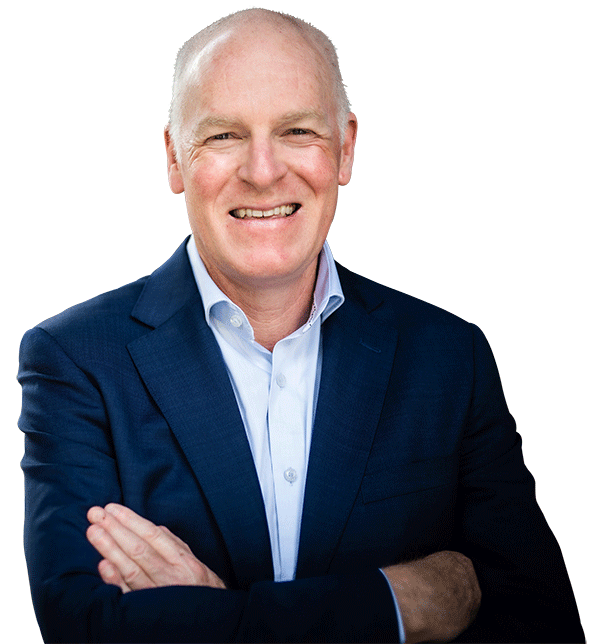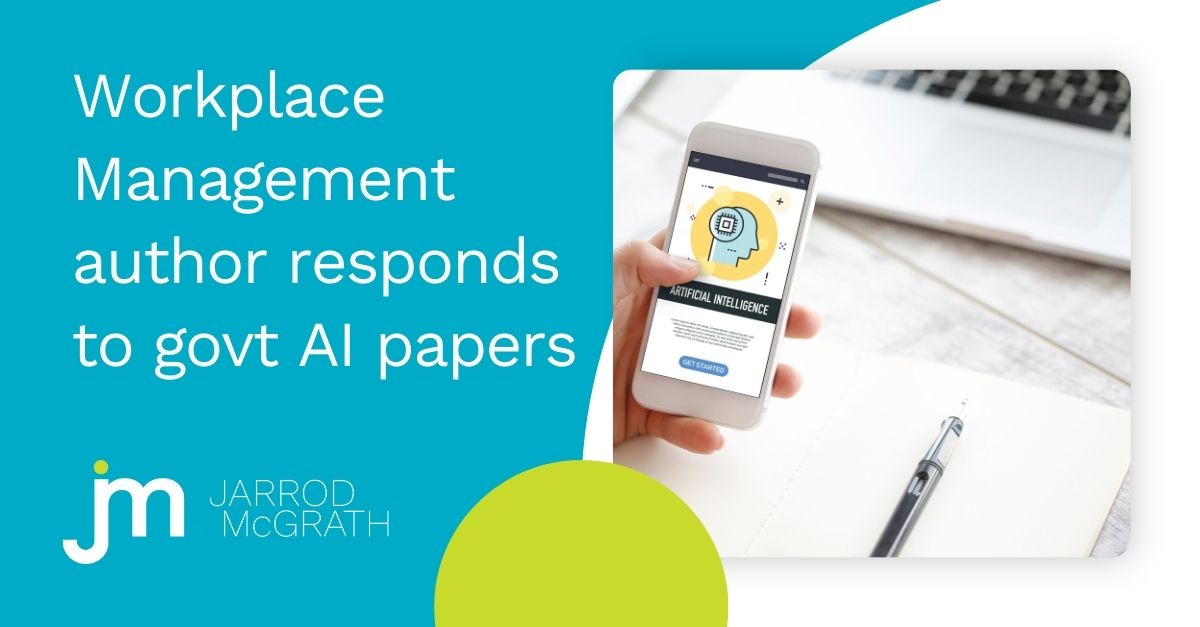Good workers don't blame tools, so don't blame software for wage theft
Highlighting a critical issue on The Australian Financial Review, I delve into the unjust practice of attributing wage theft to software failures....
2 min read
 Jarrod McGrath
:
Jun 22, 2019
Jarrod McGrath
:
Jun 22, 2019

In my article for The Australian, I discuss the importance of meaningful employee engagement beyond mere formalities. It's a call to action for organisations to invest in authentic engagement strategies that foster a truly motivated and cohesive workplace.
Engagement surveys have long served as an important part of Australian organisations’ human resources (HR) and people strategies.
It’s vital to check in with your team, find out what concerns they have and make sure they’re happy, engaged and contributing to the business in a meaningful way. However, many businesses fail to engage at all, or do the bare minimum with little follow-up or change after engagement is completed. This risks leaving employees feeling dejected and questioning why they should even participate in these exercises.
A report from analytics and advisory company Gallup showed that Australian workplaces are among the worst in the world when it comes to employee engagement and satisfaction, with only 14 per cent across A/NZ ‘engaged’ in their jobs, with 71 per cent ‘not engaged’ and 15 per cent ‘actively disengaged’.[1]
How can businesses understand their position if they don't engage with their people? Employee engagement should not be a one-time box ticker exercise; companies need to adopt continued activity that relates to the business, review it and constantly seek to improve it.
Understanding the "why" is a must. Businesses need to develop and communicate this understanding with all stakeholders- from the coalface to shareholder - to ensure everyone knows and can buy into what your' trying to achieve.
Consider the collection of performance or off-boarding data, common workforce management exercises. I recently worked with a speciality retailer that had the goal of retaining millennial employees and attracting new millennials to the business. A thorough engagement process showed that the company was lacking in technologies that would enable staff to work better digital platforms. This could include shift swapping, applying for leave, when and where they were rostered, and so on.
The goal of the exercise was clear from the outset: employees understood its purpose and - most important - were rewarded by the company providing them with what they needed.
Knowing the desired outcome is job one, but asking the right questions is equally important. The questions you ask employees must line up to this outcome and lead to useful and actionable data. Questions should never be set in stone; they should be reviewed and revisited across time as needs change.
Once the data has been mined, businesses and HR leaders should use it to recommend actions and change to organisational leaders.
Finally, don't try to manage what your can't measure; sadly, this is where many organisations fail. Without a through assessment of what has been accomplished versus what the challenges were, engagement will stagnate and fail to evolve, creating further disengagement and dejection from your people.
Even when this process is finished, don't see it as "job done" . The priories of organisations, their people, customers and the market they operate in are changing all the time. Consistent engagement can help give you a full picture of those changing needs. The endgame for businesses should be to go beyond regular engagement and develop a culture of continuous sharing and learning to meet the needs of today's highly networked, collaborative and interactive workplaces.
Building this ecosystem across the business community could improve Australia's position globally as a great place to work, creating untold benefits for the organisations, the economy and our personal wellbeing.
Jarrod McGrath is founder and chief executive of Smart WFM, which specialises in workforce management and HR strategies.
Originally published by The Australian
Jarrod McGrath, June 22, 2019

Highlighting a critical issue on The Australian Financial Review, I delve into the unjust practice of attributing wage theft to software failures....

GUEST OPINION: The Federal Government released two papers on the safe and responsible use of artificial intelligence in Australia. Australian author,...

In my piece for the Australian Financial Review, I argue for a pivotal shift in technology strategy to effectively drive Industrial Relations (IR)...